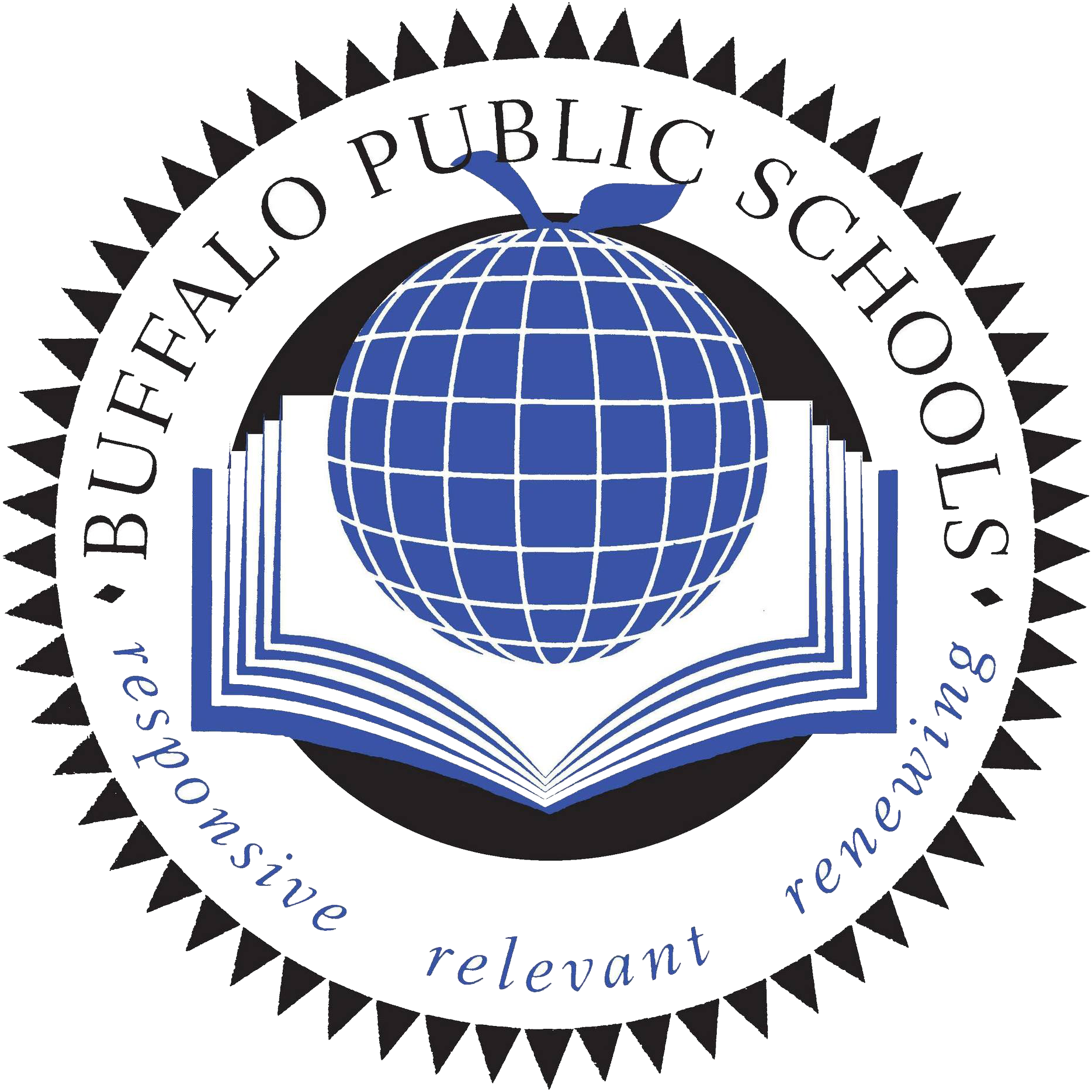MTSS-B Tiers of Support
Tier 1/Universal
In Tier 1 of the PBIS/MTSS-B model, universal or primary approaches that are preventative in nature are put into place (Sugai & Horner, 2002). These approaches are for all students, staff, and settings and include the development of school-wide expectations, a behavior matrix, and reinforcement systems to reward desired social behavior. Outcomes, systems, data, and practices are continually evaluated when providing universal supports (Center on Positive Behavioral Intervention and Support).
In Buffalo Schools, Tier 1/Universal Teams were formed (composed of building administrators and stakeholder representatives from each building) and provided with professional development on strategies to improve culture and climate in the school. The Universal Team drives the implementation of RtI Behavior for the school building. Each school has its own Universal Team. The Team develops and implements effective behavior management and motivation practices – as well as behavior support for all students. Progress data and outcome data are collected and reviewed by the Team to determine the success of implementation and to determine areas of need.
High school teams received training specific to the needs of a high school setting by Laura Hamilton, Training Consultant for Safe and Civil Schools, and consultation from Randy Sprick, Ph.D. Director and Lead Trainer for Safe and Civil Schools. Teams have developed Guidelines for Success, behavioral matrices, behavioral lesson plans, and system practices (such as Start on Time, an intervention strategy to improve the safety of transitions and reduce tardies in high schools).
Tier 2/Secondary Interventions
Secondary Systems provide targeted interventions to support students who are not responding to Universal strategies. Interventions within the Secondary System are more specific to the needs of some children and designed for a smaller number of students who require more focused behavioral support. Decisions to implement Secondary support are determined based on records of student behavior/student data. Effective Secondary interventions are meant to produce measurable changes in behavior and improvement in a student’s success. Progress monitoring is used for evaluating student outcomes, determining if adjustments should be made to an intervention or if a student needs more intensive interventions provided through Tertiary supports.
The District’s student support teams (psychologists, social workers, chairpersons, and school counselors) compose the Tier 2/3 systems teams. These teams received professional development on implementation of Tier 2/3 interventions to support youth with behavioral needs. Interventions include Check-in Check-out, Social/Academic Instructional Groups.
CICO – Check-in Check-out:
Students check in with designated CICO Facilitator/s before the beginning and at the end of each school-day to receive positive contact, pre-corrects, reminders of school-wide expectations and, if needed, basic school supplies. At the end of each class period, classroom teachers provide behavioral feedback, based on the school-wide expectations, on a Daily Progress Report Card (DPR).
SAIG – Social/Academic Instructional Groups
Youth are supported in a small group for direct instruction of school-wide expectations and/or replacement behaviors, including structured practice and direct behavioral feedback. Interventions lead to generalization most effective when youth are also supported by CICO, where classroom teachers provide youth positive behavioral feedback. Student behaviors and feedback are continued through a Daily Progress Report (DPR) card that is updated to reflect skills taught in the group.
Individualized CICO, Groups & Mentoring:
Individualized CICO has most of the same features as the generic CICO but includes some fairly simple individualizations (i.e. change in location of CICO, addition of more Check-ins, etc.) without creating individual student goals or goal lines (which would only come after an FBA/BIP). Mentoring involves one adult meeting with one or more students at a time, one or more times per week, to provide pre-corrects and a positive connection with the school through a positive relationship.
Behavior Support Plan (BSP)
Behavior Support Plans (BSP) are developed for one student at a time, based on a brief assessment of function of behavior by the Tier 2 Problem Solving Team. Behavior support plans address only one problem behavior at a time, typically in one setting. Interventions are chosen or designed based on youth’s strengths, assessed function of behavior and skills-deficits. BSP are only for general education students. If a student has an IEP, they have to go through the FBA/BIP process.
Tier 3/Tertiary Interventions
Tertiary supports are designed for individual students who are identified as having severe, chronic or pervasive concerns. The goal of Tertiary support is to diminish problem behavior and increase a student’s skills and opportunities for an enhanced quality of life. A collaborative teaming process is followed when developing and implementing tertiary supports. An individualized comprehensive and developmental approach is utilized in the implementation of Tertiary interventions that are designed to reduce risk factors and increase protective factors of students. Tertiary interventions support is tailored to meet a student’s specific needs and the characteristics and specific circumstances related to the student. Tertiary supports allow teams to vary features of the process to provide the most individualized behavior support possible.
Tertiary Interventions include:
FBA/BIP
An individualized team is created specifically for one youth at a time (includes family, community, and relevant school-based adults) to assess youth strengths, skills-deficits, and function of behavior, as well as to develop a comprehensive intervention plan.
Wraparound (Wrap):
An identified team facilitator engages a child and their family in developing a unique team to support youth success at home, school and in the community. Facilitator arranges for frequent team meetings to develop, refine, and progress-monitor interventions and supports that address multiple life domains across settings (home, school, community). Plans include highly individualized interventions and supports designed based on youth strengths and needs (quality of life indicators) identified by youth, family and other team members.
